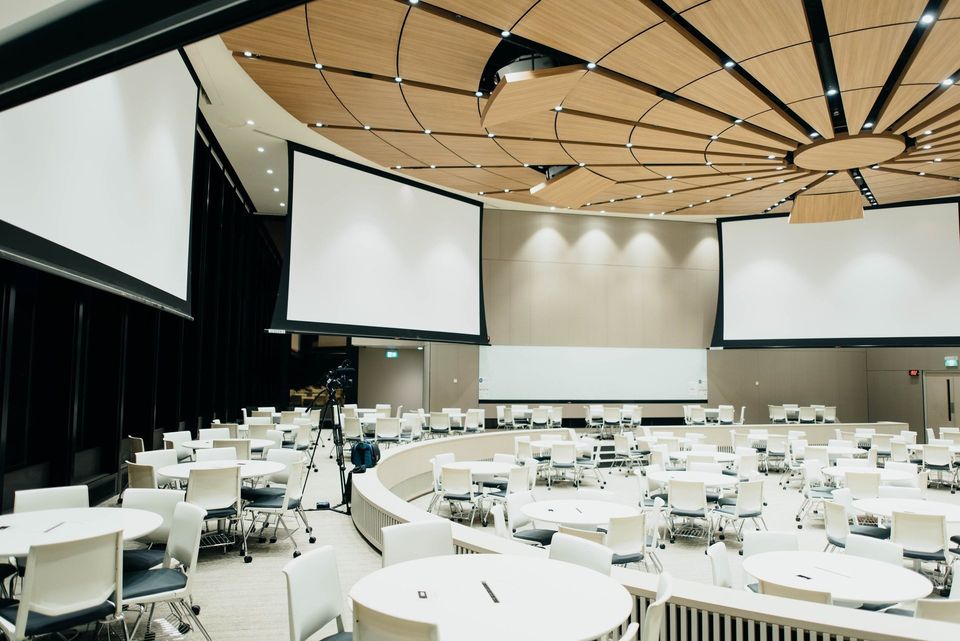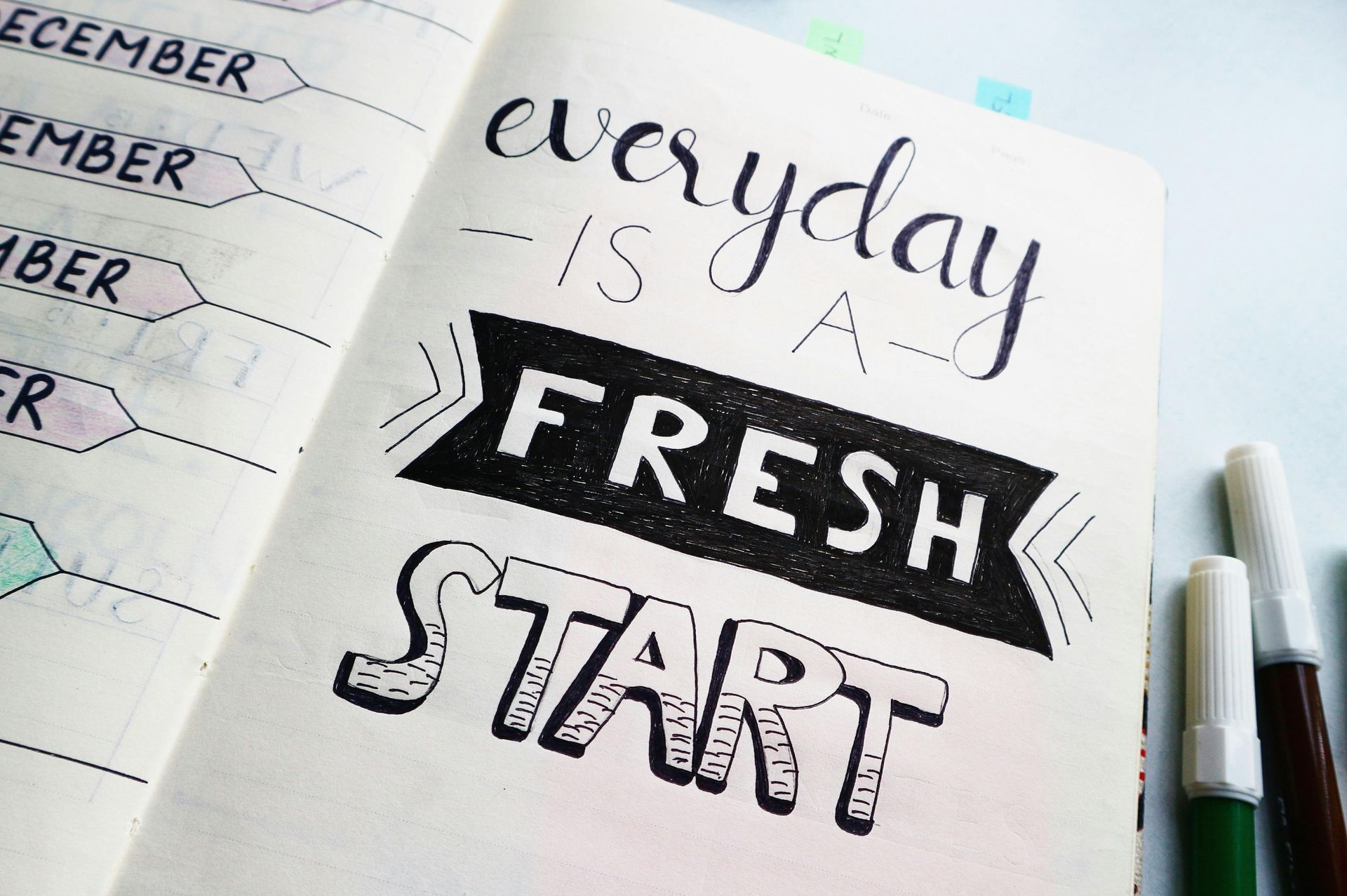6 Things to Consider When Designing your Event Space
Event Space Design
So, you have made your venue selection, contracts are signed between your company and the venue provider, now the real planning begins. The design and feel of your event space are important factors in the overall customer experience of your delegates. This includes the arrival experience, during the event and any post event activities.
We examine 6 things to consider from the point of view of the hall, conference or meeting space where your main event session will take place. However, if you have other rooms or breakout areas in the venue that you will also be using for registration, breakout sessions, exhibition, catering or networking, factor these into your Design too.
A good layout allows good flow of delegate traffic and any event services you have ordered. Your aim is to make it easy for delegates to explore all that your event has to offer on the day.
Here are our top 6 tips:
1. The purpose of the space – be clear about the purpose of the space and design the room or hall around this main purpose. Ask yourself some basic questions such as, what activities are going to take place in there, how many people would be in there at any one time, how long will they be together in this space? Contemplate how you want your event space to look before you start designing it. If you need some inspiration, ask the venues for images of events that have been hosted in that specific room or hall space in the past.
2. Layout – Each venue/space has its own dimensions that you have to work around. Beyond that, each space has its own physical limitations beyond dimensions such as pre-existing features like electrical outlets, doors/windows, ceiling height, etc. The layout you draw up should consider all of these. Most good venues have a floorplan of their venue so do ask for a copy of floorplan for the spaces you have booked before you start planning.
3. Furniture & Materials – ensure the style and size of furniture you decide to use in your event space coordinates with the purpose and layout. For instance, oversized furniture or overcrowding in a conference or meeting room can lead to restlessness and discomfort amongst your guests. Roundtables are ideal for events that want to encourage group discussions amongst delegates. If you are bringing your own furniture or materials to the venue, check vital statistics such as doors & ceiling heights, lift sizes etc, to make sure these can fit through entrances and doors. Poorly positioned items can obstruct sight lines and present health and safety issues.
4. Colours & Lighting – we know that colours and lighting can affect our feelings, emotions and mood. But we are not just referring to our bedroom or living room. As an event planner, think about the atmosphere you want to create for your delegates. Will you need black out blinds to control glare from strong sunlight (a nice problem to have!)? If relying on ceiling or wall lights to floor lamps, it is a good idea to know beforehand what options are available to control the lighting in your event space. Be bold and take advantage of opportunities to use colours to personalise a space to your unique brand identity or event theme.
5. Sound & Vision – whether your delegates are listening to a speaker or watching a performance, you want to ensure the right sounds are coming from the right places. Too much sound (including noise disruptions) or no sound at all can make or break an event. In your Event space design, ensure you plan for the location and performance of any sound equipment you will be using. Also look out for possible external sound interferences. Technology is the future of events. Use technology tools to create interactive event spaces and unique experiences for your delegates.
6. Air & Ventilation - good indoor air quality and ventilation is a major contributor to the comfort and overall experience of your delegates. All the spaces you will be using should have proper heating or cooling equipment for the right amount of people they have been designed for, usually the maximum capacity of the space. Don’t be afraid to ask the venue if unsure.
These are our top tips. Have we left anything out? Please feel free to share your ideas with us – theteam@leniohospitality.com . If you need help planning your event or searching for a venue, please contact us.





